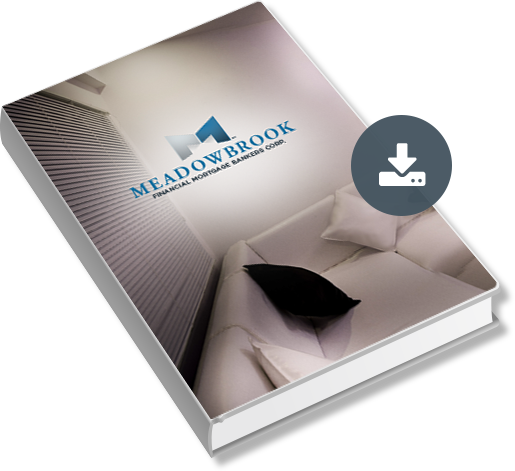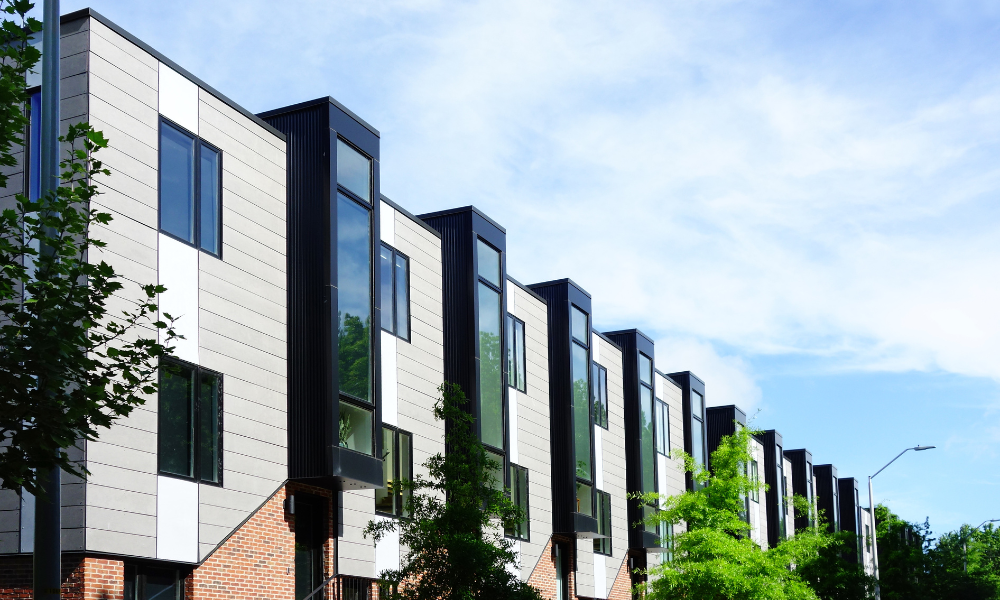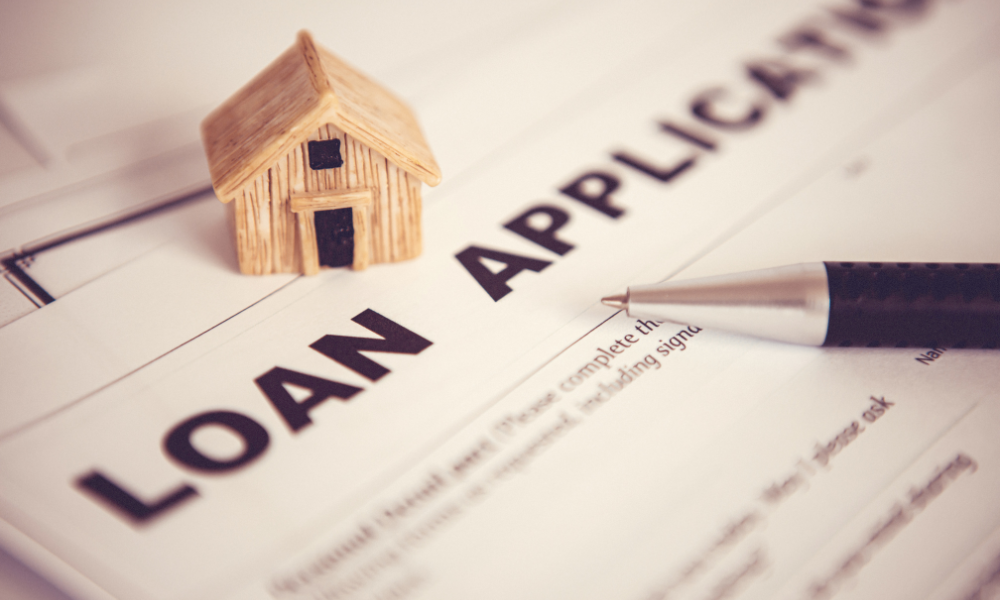Search Blog Posts by Blog Topic
15 Home Buying Mistakes You Should Avoid
August 19, 2024
Buying a home is probably the biggest investment you will make. As a result, you must know what you’re getting into at the very onset. You don’t want to overlook any important aspect that you may regret later. Fortunately, you can avoid commonly made home buyer mistakes if you follow some basic guidelines before and during the process.
So, what are the most common home buying mistakes to avoid?
1. Not Contacting a Lender Early Enough
It is important that you contact a lender as soon as you decide to go the homeownership route. This gives you insight into the types of loans on offer, the down payment you need to pay, interest rates, loan terms, and whether or not you might require private mortgage insurance (PMI). Consider getting pre-approved as this gives you an indication of how much you can afford. It also serves as an indicator that you are serious about making a purchase.
2. Buying While Still in Debt
If you go through first-time home buyer tips, you will notice that thinking about buying a home when you have considerable debt is not the way to go. Think about it this way – would you want to run a marathon with ankle weights slowing you down? Debt has a way of eating into your monthly budget, and it might even cause problems when it comes to keeping up with regular monthly repayments toward your mortgage.
Getting a mortgage if you already have considerable debt is one of the biggest mistakes when buying a home, and one that you best avoid. If you’re in debt, reduce it, build your savings, and then think about buying a home.
Looking to Purchase a Home on Long IslandContact Us
3. Using Credit Carelessly
It is common for lenders to check borrowers’ credit reports at the time of pre-approval, and then again at the time of closing. A mortgage provider does this to ensure that there is no change in an applicant’s financial position during this period.
Not surprisingly, one of the top mistakes to avoid when buying a house is applying for other forms of credit after the pre-approval and before the closing. Refrain from making big-ticket purchases on credit as well. This is because any significant change in your debt-to-income ratio can get an underwriter to reject your application or provide revised terms that are less than favorable.
What you should try to do is get your existing outstanding balances to below 30% of your available credit limit, while paying all your bills in full and on time every month.
4. Thinking You Need a Down Payment of At Least 20%
Several first-time home buyers think they need to pay at least 20% of a home’s selling cost as a down payment, making it among the more common mistakes when buying a home. However, if you pay 20% or more as down payment, you do not have to worry about getting PMI. The flip side is that it might take you several years to save the required 20%, and you might also limit your cash flow during the period.
Depending on the type of loan you get, you can pay as little as 3% down payment for a conventional loan. With some government-insured loans, you can pay even less.
5. Not Considering Government-Insured Loans
Some real estate experts feel that the answer to, “What is the biggest mistake when buying a house?” is ignoring government-backed loans. The ones that require your attention include the United States Department of Agriculture (USDA) loans, Federal Housing Administration (FHA) loans, and U.S. Department of Veterans Affairs (VA) loans.
- USDA loans are available for rural homebuyers, suburban homebuyers, as well as buyers looking for homes in towns where populations are below 25,000. These loans are designed for low-to-moderate income earners.
- FHA loans are ideal for borrowers with less-than-perfect creditworthiness. However, they come with mandatory mortgage insurance.
- VA loans are designed for veteran and active-duty military service personnel and their spouses. Veterans have the option of not paying any down payment.
 6. Rushing the Process
6. Rushing the Process
Getting a mortgage to buy a home can be a complicated process. One of the top mistakes first-time homebuyers should avoid is to rush through the process of getting a loan. If you rush through things, you get little time to save money for the down payment, and you will probably miss fixing errors on your credit report. Bear in mind that it may take months or even years to repair poor credit. As a result, map out a suitable home buying timeline well in advance.
7. Not Considering Other Costs
Not factoring in costs other than the home’s selling price makes it to the list of the top first-time home buyer mistakes to avoid with good reason. This is because there is no dearth of prospective buyers who focus on making the down payment and forget to account for closing costs. Typically, closing costs hover between 2% to 4% of a home’s selling price.
You need to take the cost of homeownership into account as well. In addition to making repayments toward your mortgage, you will also need to pay property taxes and any applicable home insurance premiums. Ongoing repair and maintenance costs require your attention too, failing which you might find yourself overshooting your monthly budget. You should ideally aim to set aside around 1% to 3% of the home’s buying price each year for repairs and maintenance.
8. Buying a House Outside Your Budget
It is not uncommon for people to fall in love with homes and buy them even if it requires them to stretch their pockets. This is among the most common first home buying mistakes to avoid, even if you qualify for a mortgage. This is because the mortgage payments, homeowners insurance, and property taxes might add a severe burden on your finances. While the added cost might not seem like much initially, it might turn out to be problematic in the long run.
9. Not Saving Enough
Not saving enough money before you buy a house makes it to the list of the top home buyer mistakes to avoid for different reasons. For starters, while saving money for the down payment is important, you also need to consider ongoing repair and maintenance costs. In addition, spending all or a major portion of your savings on the down payment is not a good move.
While paying 20% or more toward down payment does away with the need for PMI and helps reduce monthly costs, you should have some savings in place to account for unexpected expenses. Ideally, you should have an emergency fund with at least six months of living expenses.
Looking to Purchase a Home on Long IslandContact Us
10. Not Giving the Neighborhood Enough Attention
Another home buying mistake you should avoid is to give more priority to a house than its neighborhood. Consider this – you find a house that suits all your requirements perfectly, but once you move in you learn that you don’t quite like the neighborhood. Narrowing down on the right suburb or town can make a significant difference when it comes to the lifestyle you lead as well as family development.
Ideally, the neighborhood you select should not be a mismatch with the culture and values you follow. Once you find the right neighborhood, you can always consider buying a house that you can tailor to your needs. Aspects that typically need your attention include school ratings and crime rate as well as access to public transportation and healthcare.
11. Not Carrying Out an Inspection
It is crucial that you have a good idea about what shape a house is in before the closing of a sale. This is because you don’t want to end up with a house that requires unexpected repairs, especially when they burn a hole in your pocket. While inspecting a home on your own gives you a basic indication of its condition, you might be better off opting for a professional home inspection.
When it comes to some of the worst home buying mistakes that lead to monetary losses, you can find not using the services of professional home inspectors on almost every list. This is because they know just what to look for and where, and can end up saving you heartache and money in the long run.
12. Paying Too Much Attention to Aesthetics
It is only natural to want to buy a house that appeals to you visually. However, some cosmetic changes, such as replacing old wallpaper, may well be worth the cost. Not buying a house just because you don’t like its paint job, landscaping, or carpeting is a rookie home buying mistake you should avoid. If you look for a home with the approach of not minding making a few cosmetic changes, the possibility of landing a good deal increases.
Physical appearances can take a backseat if you are getting a house that fits your budget and meets your other requirements such as size and location. Remember that owning a home is usually a long-term proposition, and you can always think about making changes further down the road. Some of the other aspects you need to focus on include the home’s floor plan, roofing, and foundation, as well as its plumbing and electrical systems.
Remember that fixing a house on your own or hiring a contractor to do the job is typically more cost-effective than buying a house that has recently been fixed by its existing owner. Besides, you can then do up the house according to your liking.
 13. Not Getting a Homebuyer Rebate
13. Not Getting a Homebuyer Rebate
One of the most common first-time homebuyer tips that pass the attention of people is to get homebuyer rebates or commission rebates. The rebate can be up to one percent of a home’s selling price. It is deducted from the buyer’s agent’s commission. First-time home buyers can benefit by getting this rebate in most states in the U.S.
If you plan to buy a house in a state that allows homebuyer rebates, find out if your agent will offer the rebate before closing. The states that prohibit homebuyer rebates include:
- Alaska
- Alabama
- Iowa
- Kansas
- Louisiana
- Mississippi
- Missouri
- Oklahoma
- Oregon
- Tennessee
14. Buying Without a Real Estate Agent
Given the widespread use of the internet and easy access to real estate listings, some prospective buyers feel that can get through the process of purchasing a house on their own. However, this is one of the mistakes first-time homebuyers should avoid. According to data collated by the National Association of Realtors, 89% of buyers bought their homes through real estate agents or brokers in 2023.
Typically, the seller pays the buyer’s agent’s commission, so this is an aspect you don’t have to worry about. In addition, a real estate agent can:
- Help you determine what types of homes you can expect to find within your budget.
- Give you access to a wide range of homes in your desired neighborhood based on your requirements.
- Give you an edge over other prospective buyers who are without buyers’ agents.
- Provide valuable assistance at the negotiating table.
15. Not Getting All the Details on Paper
Not getting all the details surrounding a purchase in writing is among the most common home buying mistakes that can turn ugly in the future. There have been instances of homebuyers assuming that the kitchen appliances they see during their inspections are part of the deal, only to find the kitchen bereft of any equipment after the deal is done.
Expect a home’s previous owner to take all that can be detached away once you buy the house. This can include hot tubs, bath fixtures, light fixtures, washers, dryers, ceiling fans, and other home appliances. Make sure you go through the contract in great detail before the closing. If any of the items you think come with the house are missing, get them added before signing on the dotted line.
Conclusion
Buying a home might seem like a daunting task, although carrying out a little groundwork ensures that you minimize the possibility of getting a bad deal. The best place to start is to contact a lender and establish how much you can afford to borrow. Then, make a list of what you require from the new home and the locality, and look for homes accordingly.
Do not hesitate to seek professional assistance because doing so makes the process considerably simpler and you get to avoid all the common home buying mistakes easily.
Ready To Get Started?
Fill out the form below and a mortgage professional will get back to you shortly.

First Time Homebuyer’s Guide
Considering homeownership but not sure where to begin? The Meadowbrook Financial Mortgage Bankers Corp. guide to home buying will make the process easy all in one packet.
Recent Articles

An In-Depth Condo Buying Guide
2 July, 2025One reason why many first-time homebuyers prefer condos over single-family homes is that they are typically more affordable and give them the means to start…

Should You Buy an Under-Construction, New Build, or…
18 June, 2025The dream of owning a home often comes with having to make an array of decisions, and perhaps none is more crucial than choosing the…

How Do Pets Influence Homebuying?
1 May, 2025Adding a furry friend to your family can bring so much joy to your life. Whether it’s a dog, cat, bunny, or other, they’re sure…


